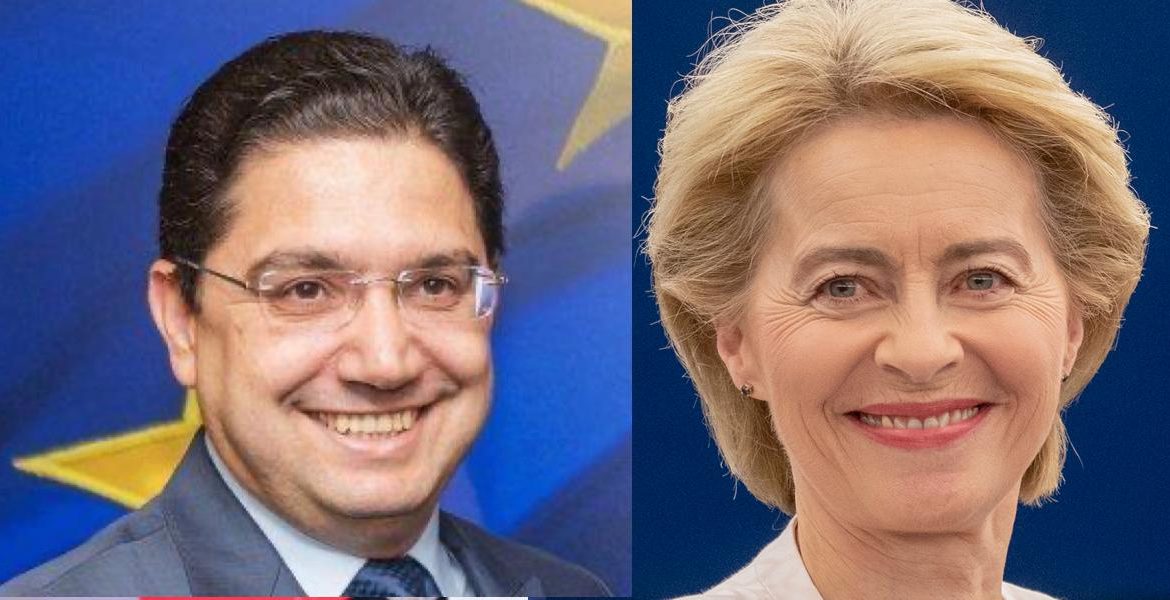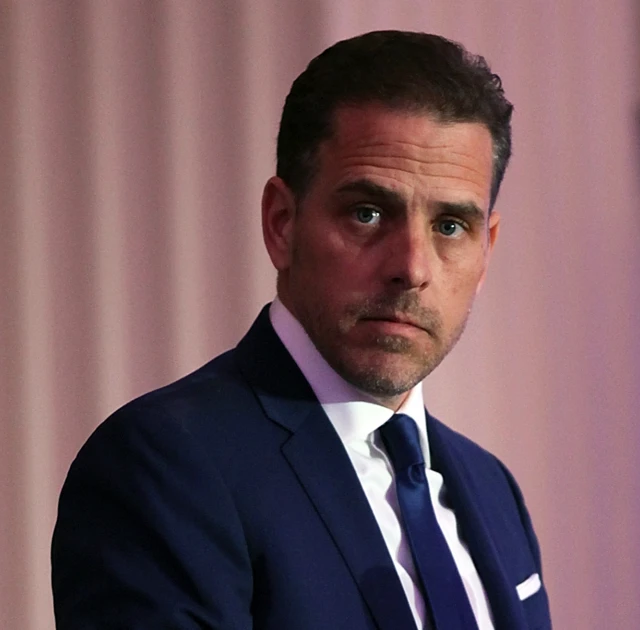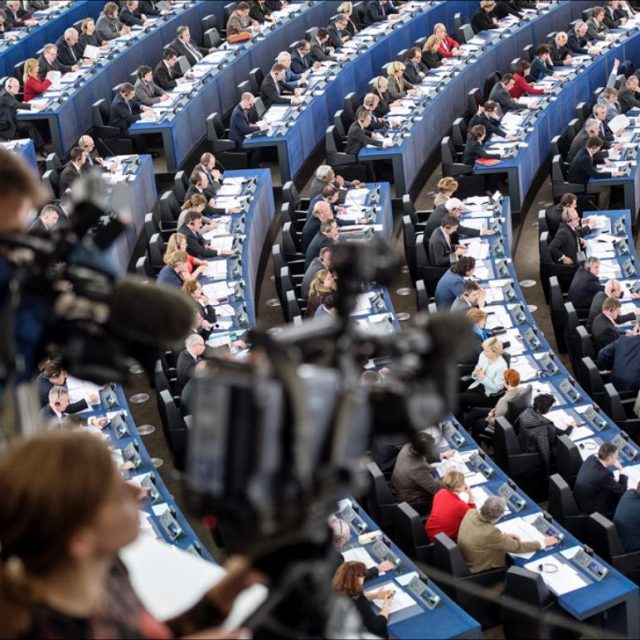By Nasser Bourita
Covid-19 has spared no country, region or continent. In the Euro-Mediterranean area, as well as in Africa and Europe, it has struck indiscriminately, but with a degree of differentiation.
Firstly, there was differentiation in the timing: it hit the European countries before spreading to the Maghreb region and sub-Saharan Africa. Then, there were differences in scale: there have been almost as many cases in certain European countries as in all 54 African countries put together. And finally, in terms of impact: Africa has seen the most devastating consequences in socio-economic terms.
This differentiation did not prevent dialogue, cooperation and solidarity on either side of the Mediterranean and within each area.
On 10 April of this year, His Majesty King Mohammed VI of Morocco held a telephone conversation with His Majesty King Felipe VI of Spain, to discuss the coordination of bilateral and international efforts to tackle Covid-19.
On 13 April, His Majesty King Mohammed VI launched the initiative of the African heads of state to accompany the continent’s efforts in the various phases of pandemic management.
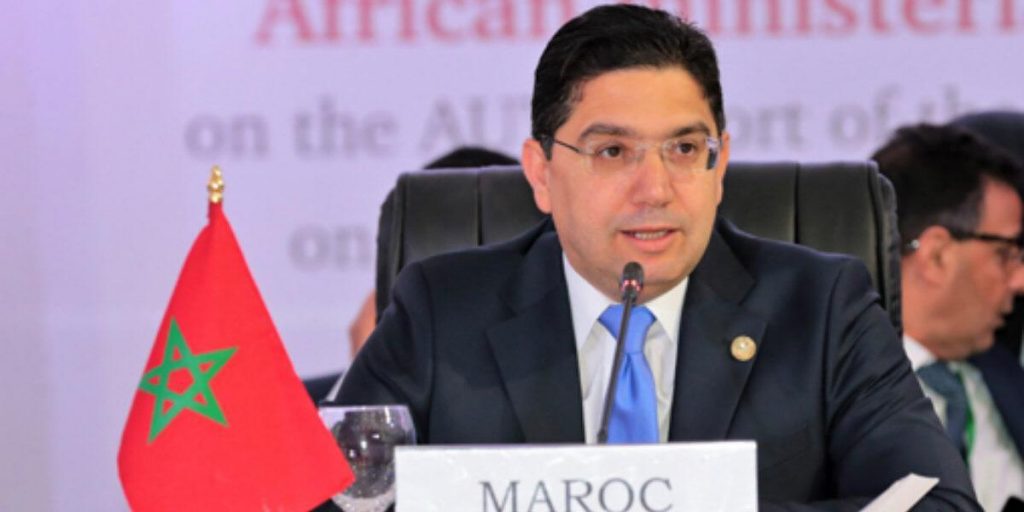
To make this initiative of solidarity a reality, substantial medical aid was sent to some 20 fellow African states from all sub-regions of the continent, on royal instructions. Masks, visors, scrubs, sanitising gel and other medication sent from Morocco were all produced by Moroccan companies in accordance with WHO standards.
In the same spirit of solidarity, Morocco was proud to contribute to the fundraising campaign launched by the President of the European Commission, Ursula von der Leyen, for a fund to finance research into a vaccine and treatment for the virus.
Morocco, which firmly believes that solidarity is not a one-way street, made a financial commitment and stands ready to make its pharmaceutical platforms available. An effective and accessible vaccine will be the turning point in the fight against the pandemic.
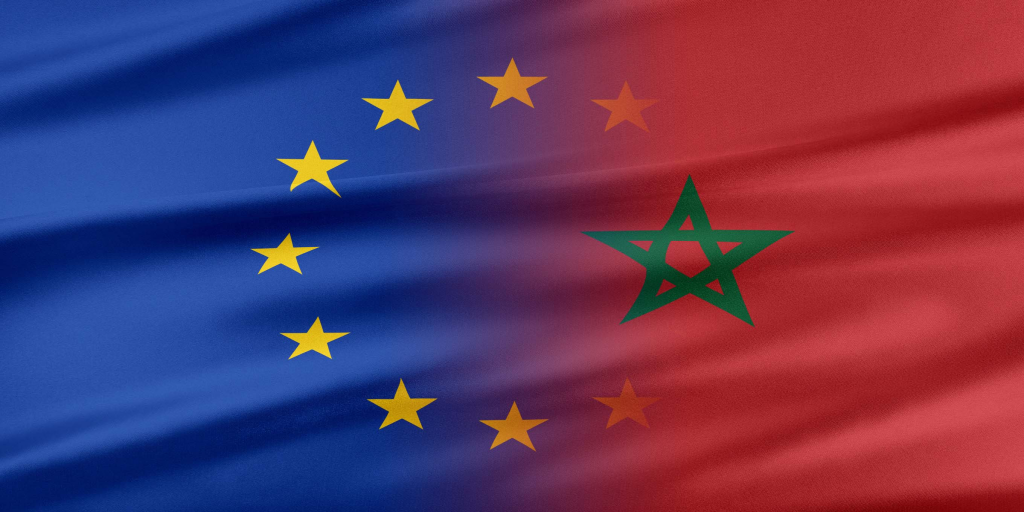
The EU has also stood alongside Morocco. Some €450 million has been redirected from the Morocco-EU cooperation funds aiming to support Morocco’s efforts to offset the socio-economic consequences of the public health crisis.
Although it is not yet time for a final review of the situation, considerable progress has been made at national level. The efforts that have been made for nearly four months are starting to pay off. The fatality rate has fallen from 12 to less than 2%. Economic activities are starting to return to ‘normal’.
Morocco acted early and decisively. As soon as the first cases were confirmed in the country, the authorities took every precaution: border closures, lockdown, limiting activities, travel restrictions and increasingly widespread testing.
In addition to the public health crisis, Morocco has come together to face an unprecedented challenge. By initiative of His Majesty King Mohammed VI, a special fund has been set up to meet the urgent and concurrent needs of public health, economic survival and social support. In a remarkable show of national solidarity, this fund has received more than €3 billion in voluntary donations, in the space of just a few weeks.
Throughout its national efforts to face the public health challenges, Morocco has continued to show solidarity with its continent and its partners.
By adopting the approach of solidarity, North-South, South-South and South-North, Morocco has epitomised its commitment to an EU-Africa bi-continental pact.
The Author, Nasser Bourita, is the Moroccan Minister for Foreign Affairs
(This article first appeared in both English and French in Agence Europe)

